What is the Viking honor system?


Courage
Truth
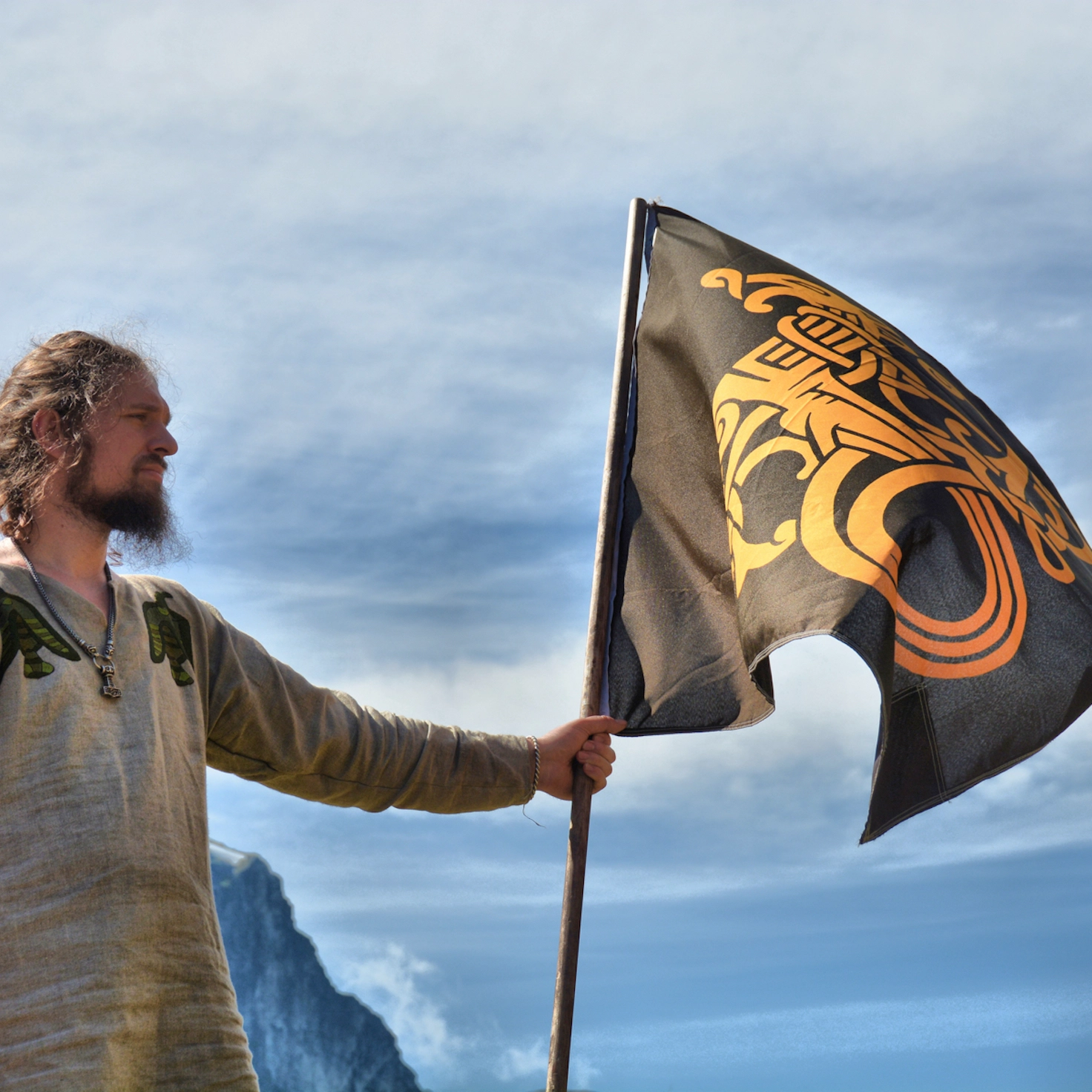
Honor
Fidelity

Discipline
Hospitality

Industriousness
Self-Reliance
Perseverance
Travel in the footsteps of the Vikings

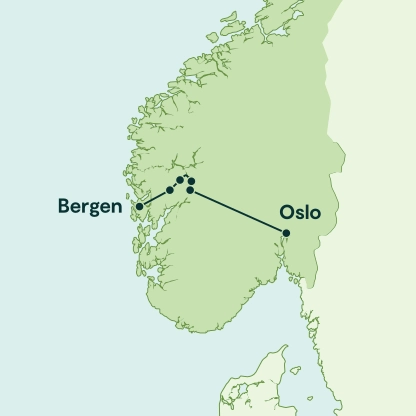
Experience an iconic tour of Norway's stunning UNESCO listed Nærøyfjord and ride two of the world's most beautiful railways - the Bergen Railway and the famous Flåm Railway.

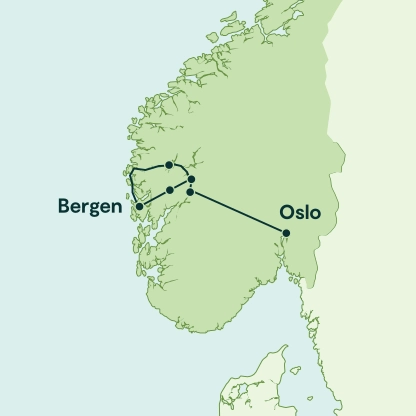
Enjoy a fjord cruise on the spectacular Sognefjord, the second longest fjord in the world. Experience two of the world’s most beautiful train rides, the Flåm Railway and Bergen Railway.
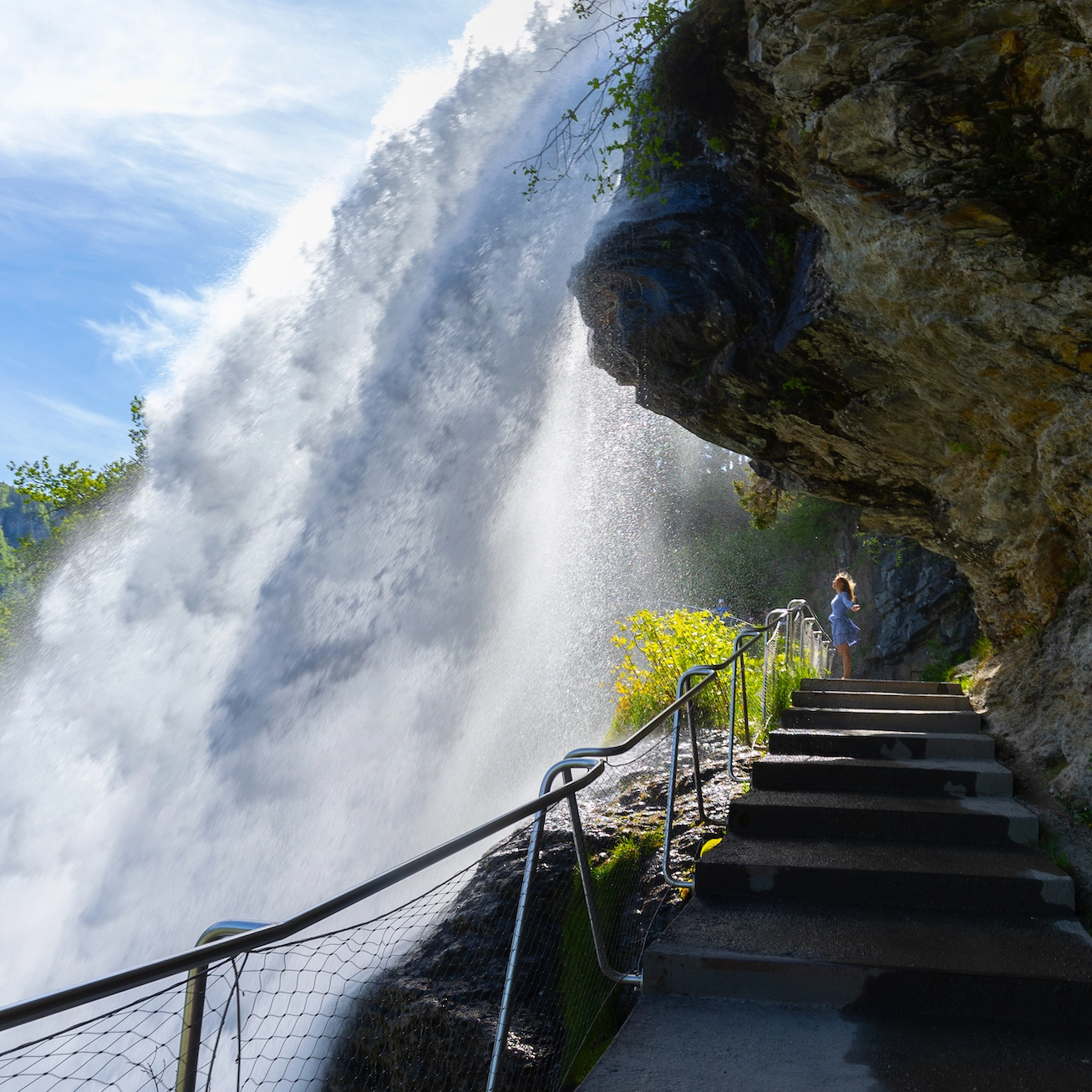

Discover Norway's natural wonders! Cruise the scenic Hardangerfjord, experience the famous Vøringsfossen and Steinsdalsfossen waterfall, discover Hardangervidda National Park and the Bergen Railway.
Get active like the Vikings
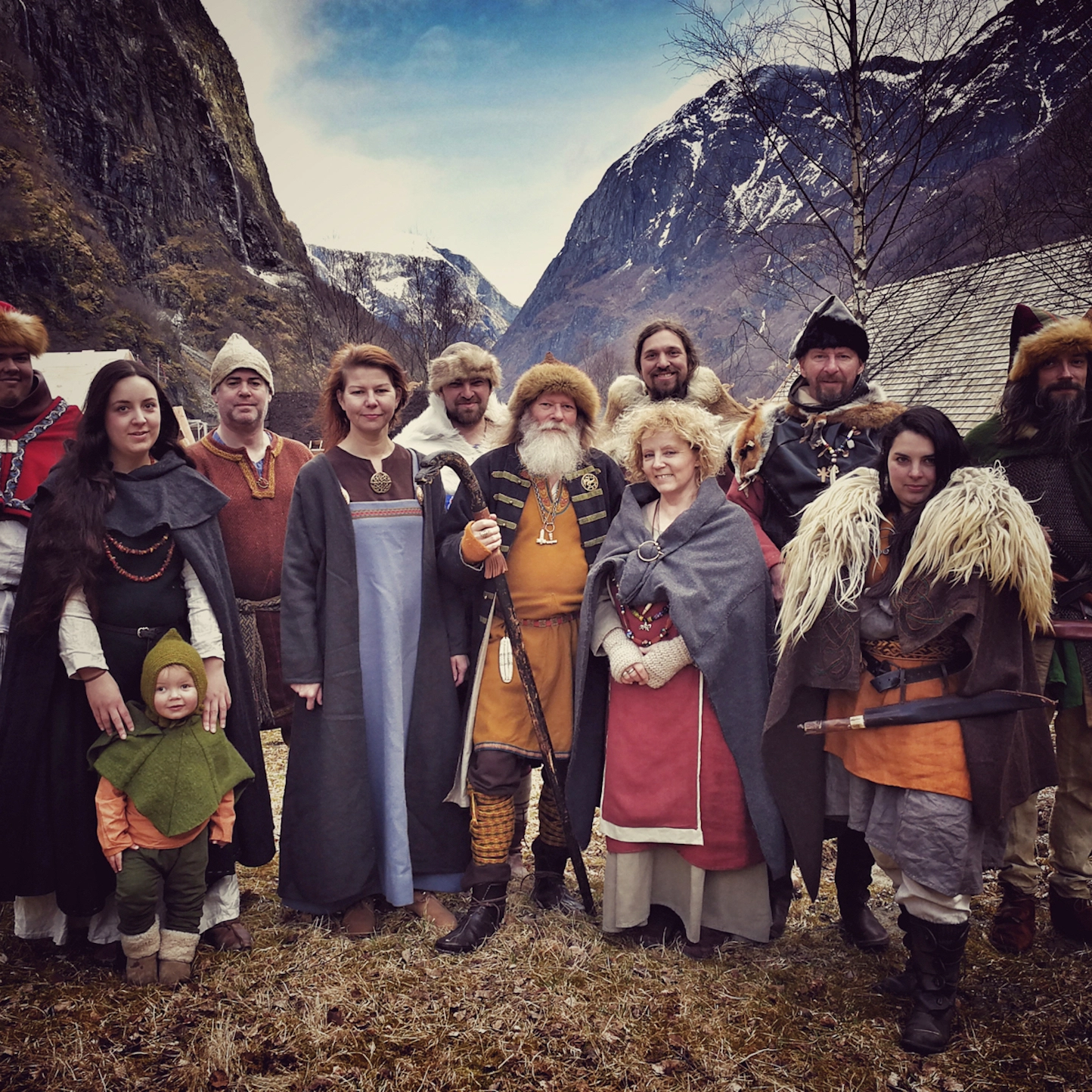
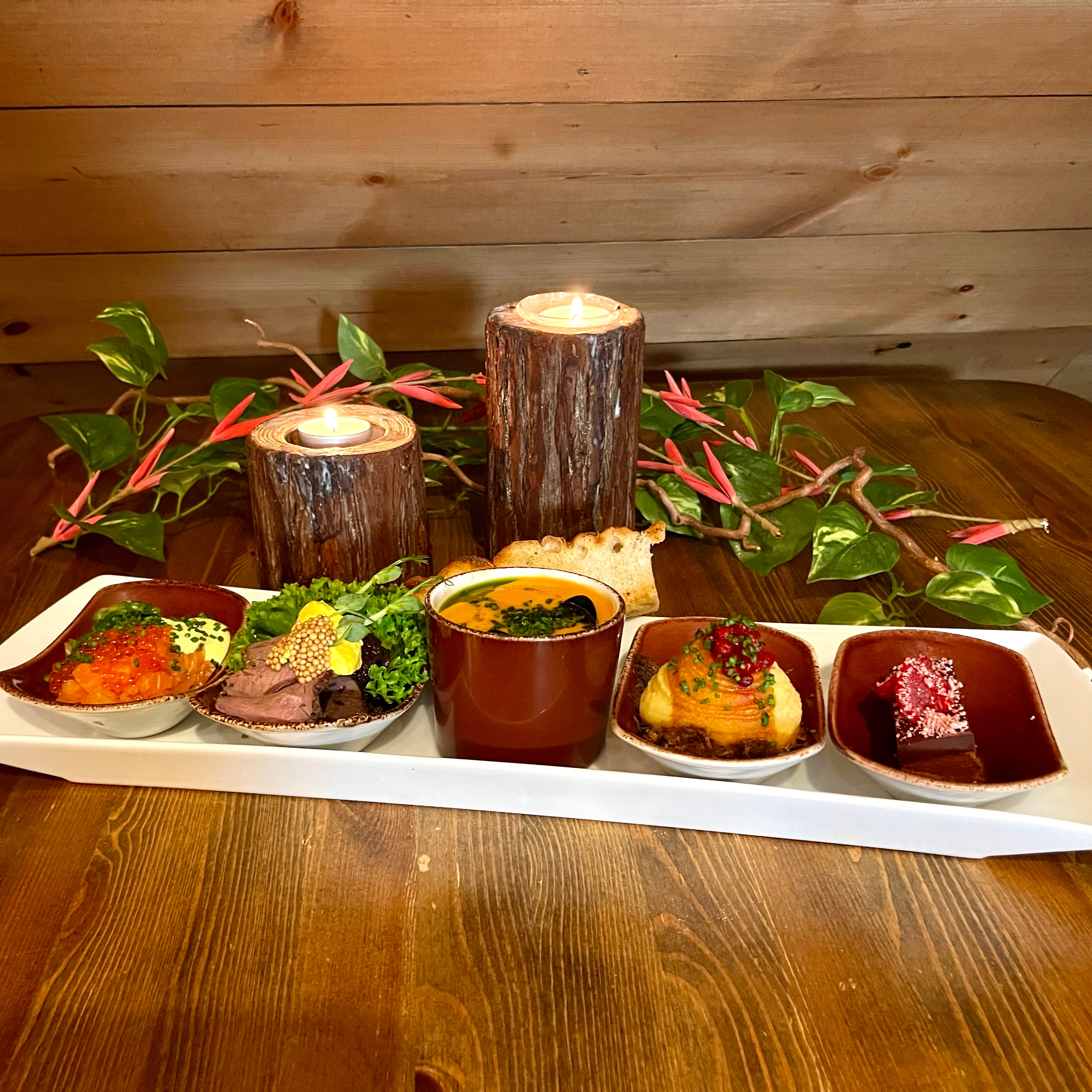
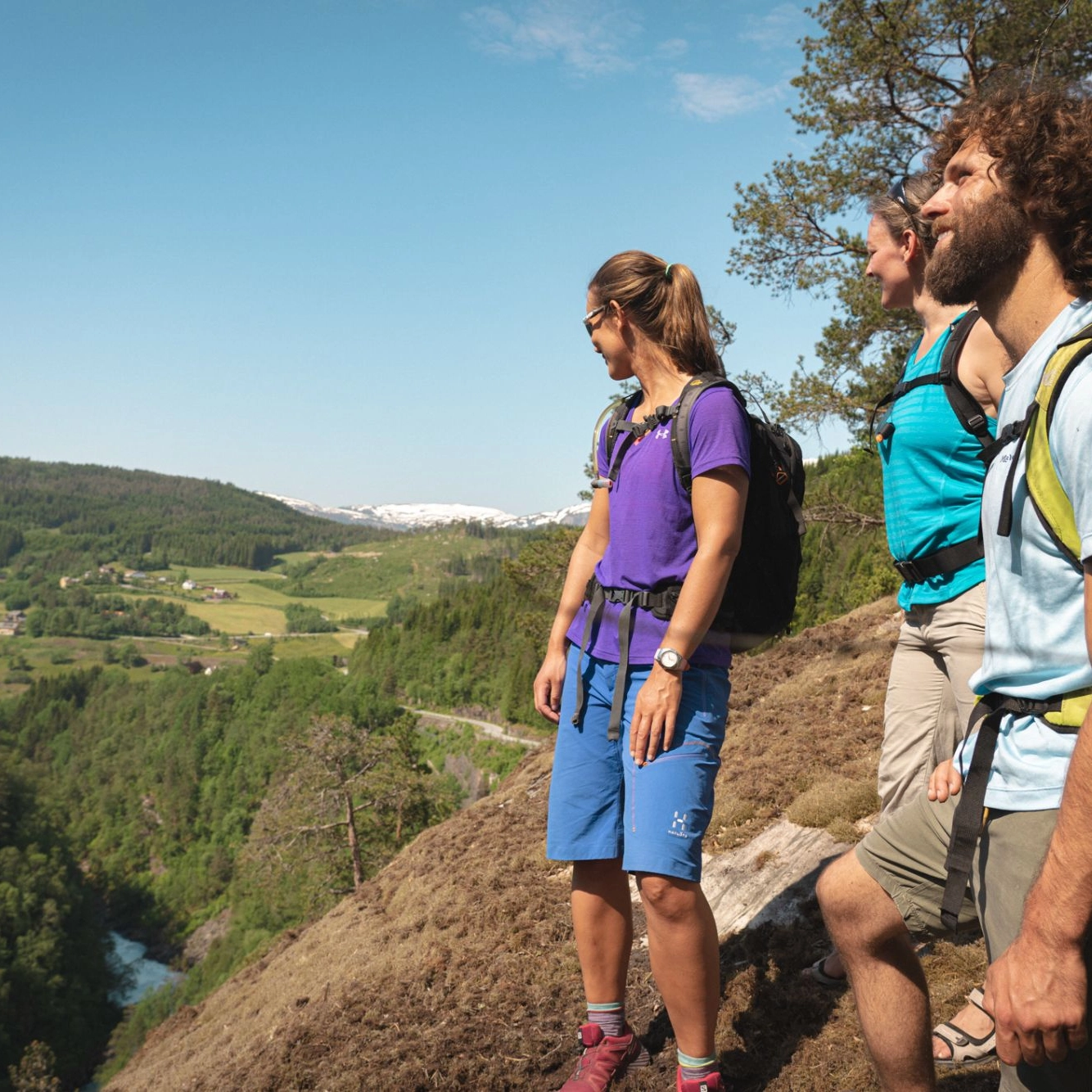
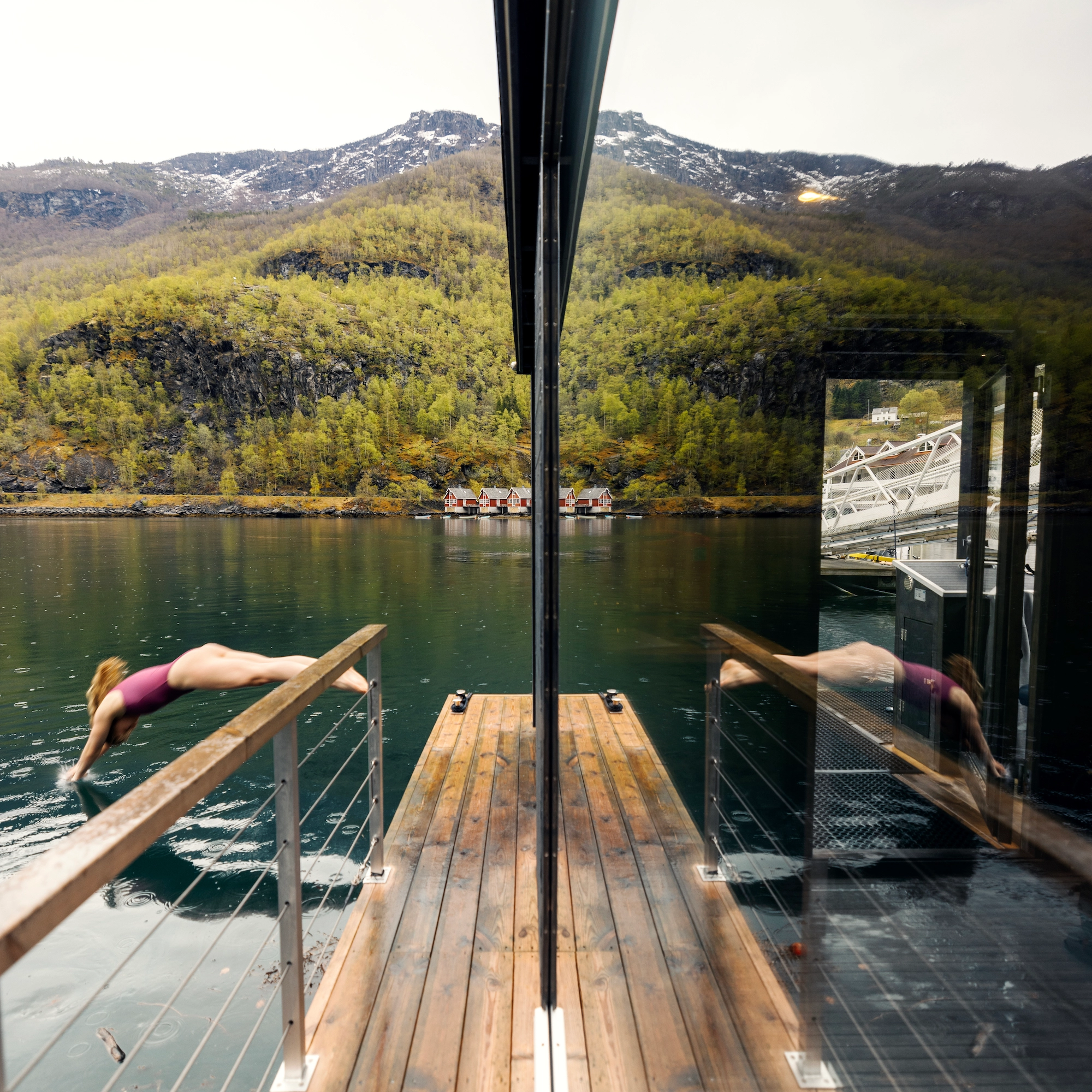



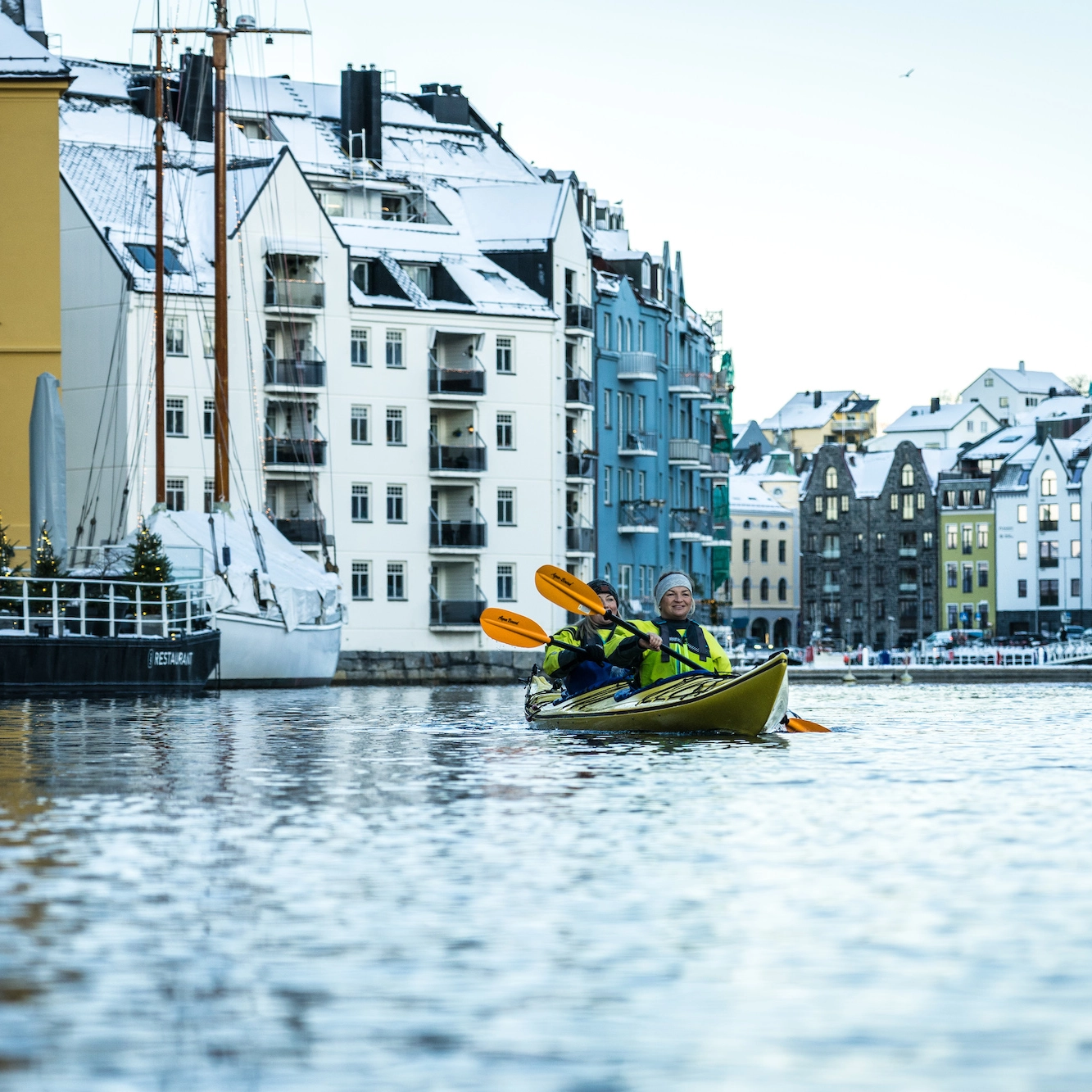








Vikings
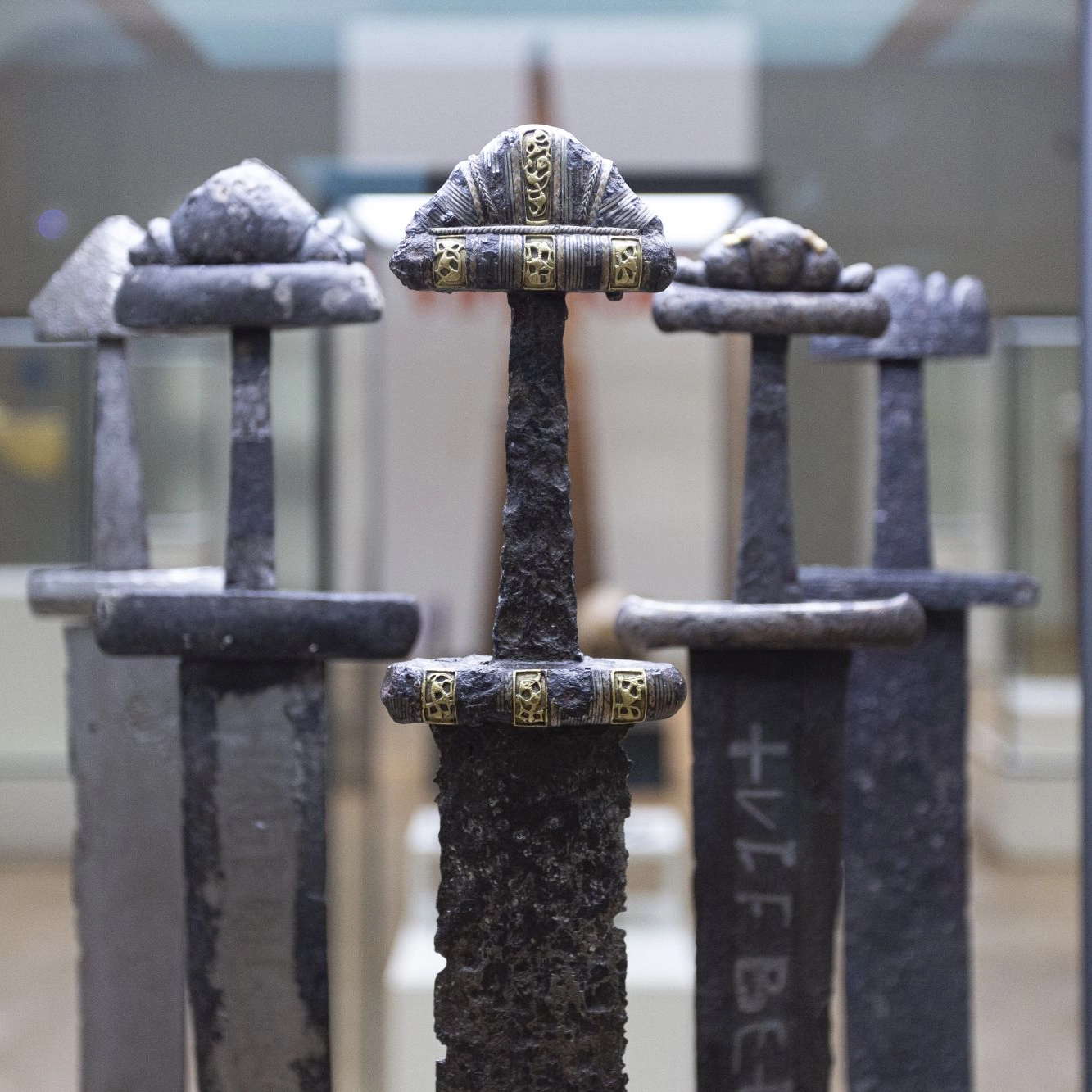
The history of Norwegian Vikings
Though the Vikings lived long ago, their strong legacy lives on and there’s no shortage of interest in their history and traditions. There are plenty of ways for interested travellers to experience Viking life and traditions in modern Norway. For history buffs and families with kids, a trip to Norway is a fantastic way to explore Viking history – all over the country, you’ll find museums, tours, Viking villages and more just waiting to be discovered.
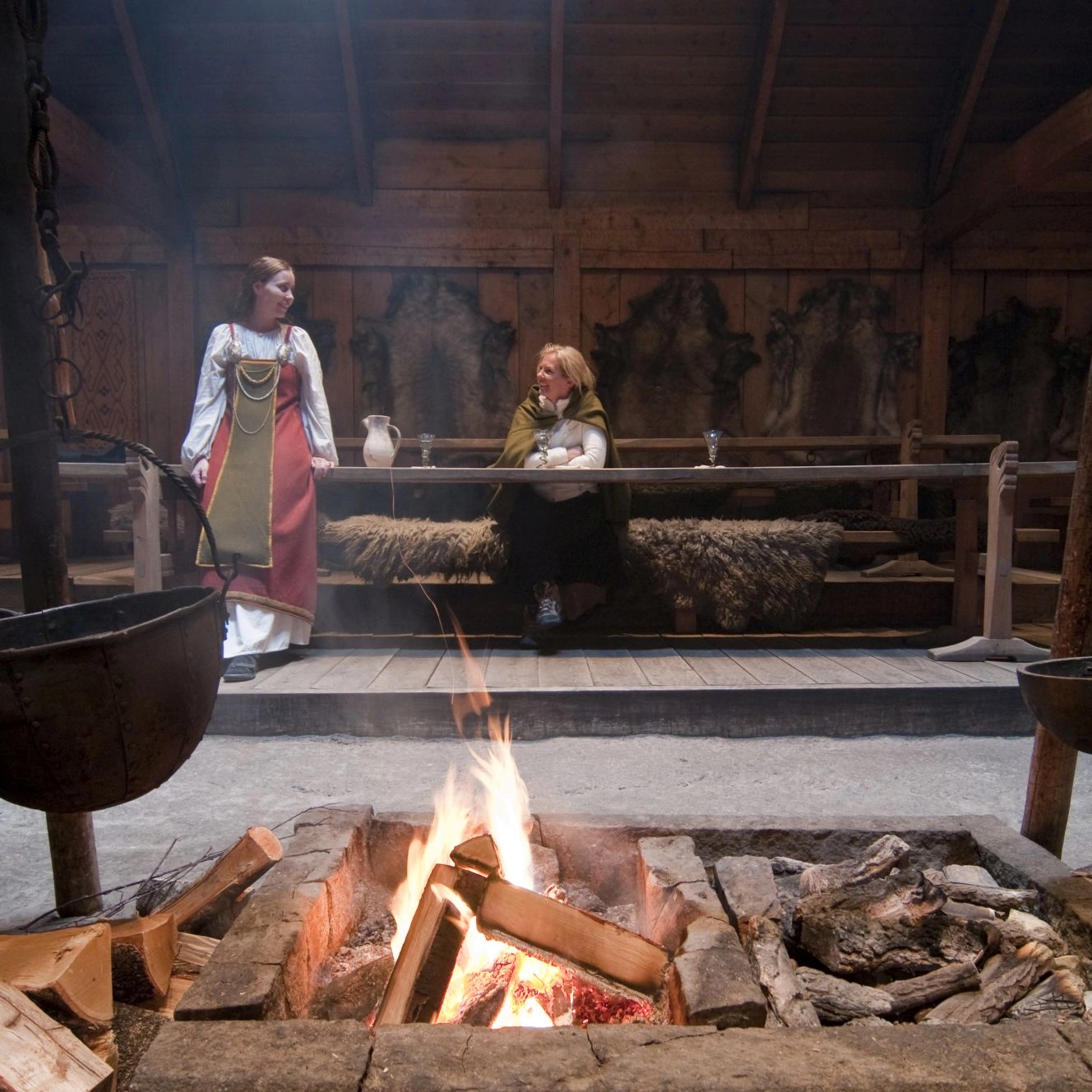
Viking villages in Norway
It’s no secret that there’s a strong Viking history in Norway. Even though the Viking era came to an end during the 11th century, the legacy of Vikings lives on. For those interested in learning more about Viking history, culture and tradition, there are several attractions ranging from museums and historical sites to Viking villages that bring history to life and give you a sense of stepping back in time to the Viking Age.
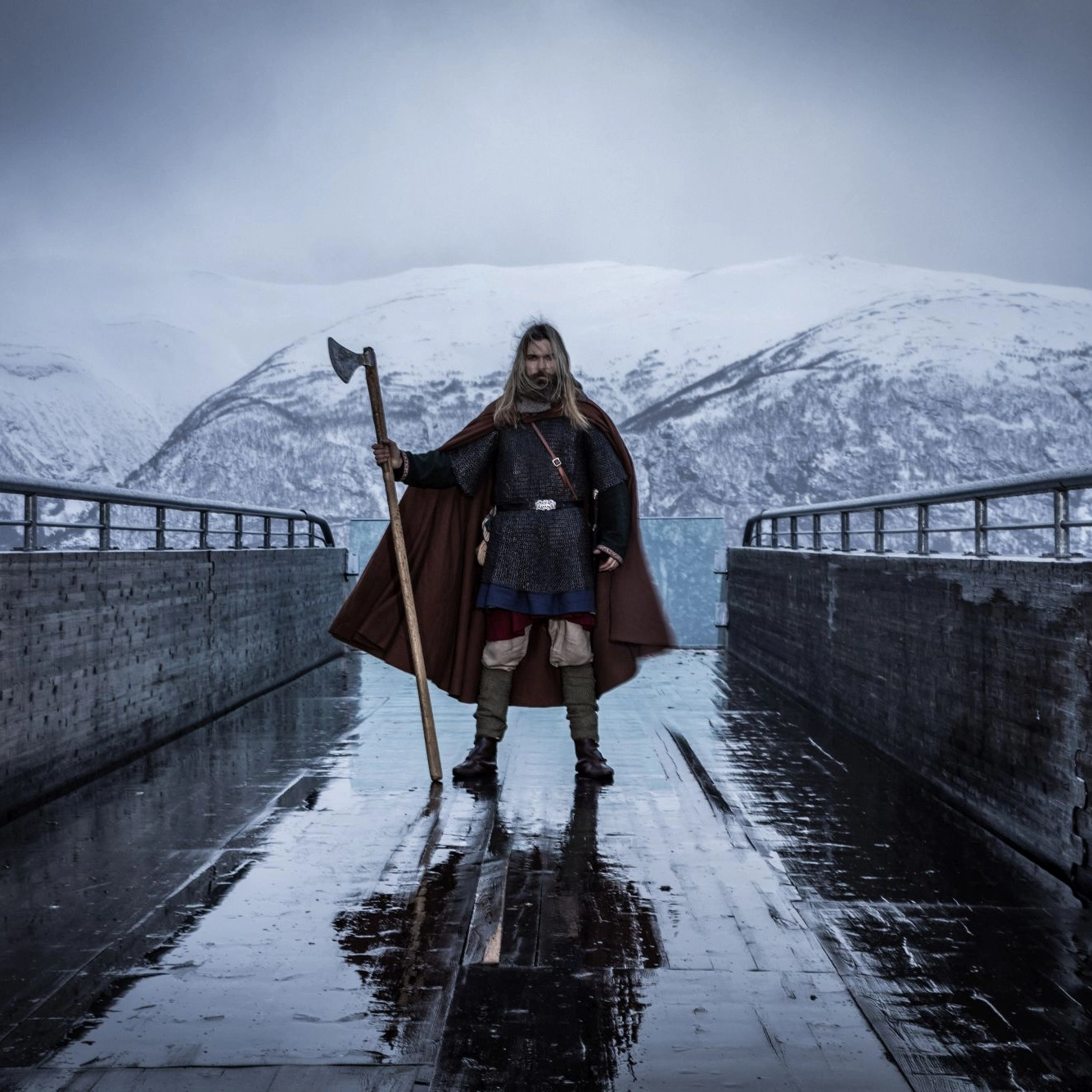
Viking Travels
Many tourists who travel to Norway are eager to learn more about the history of the Vikings. And, we can’t blame them. The Vikings were fascinating, complex people. Although they are primarily known as fierce warriors, they also engaged in trade and transport across much of Europe and built incredibly advanced ships that fascinate historians to this day. Here is some of what we know about how and where the Vikings traveled during the late 8th to the 11th century.
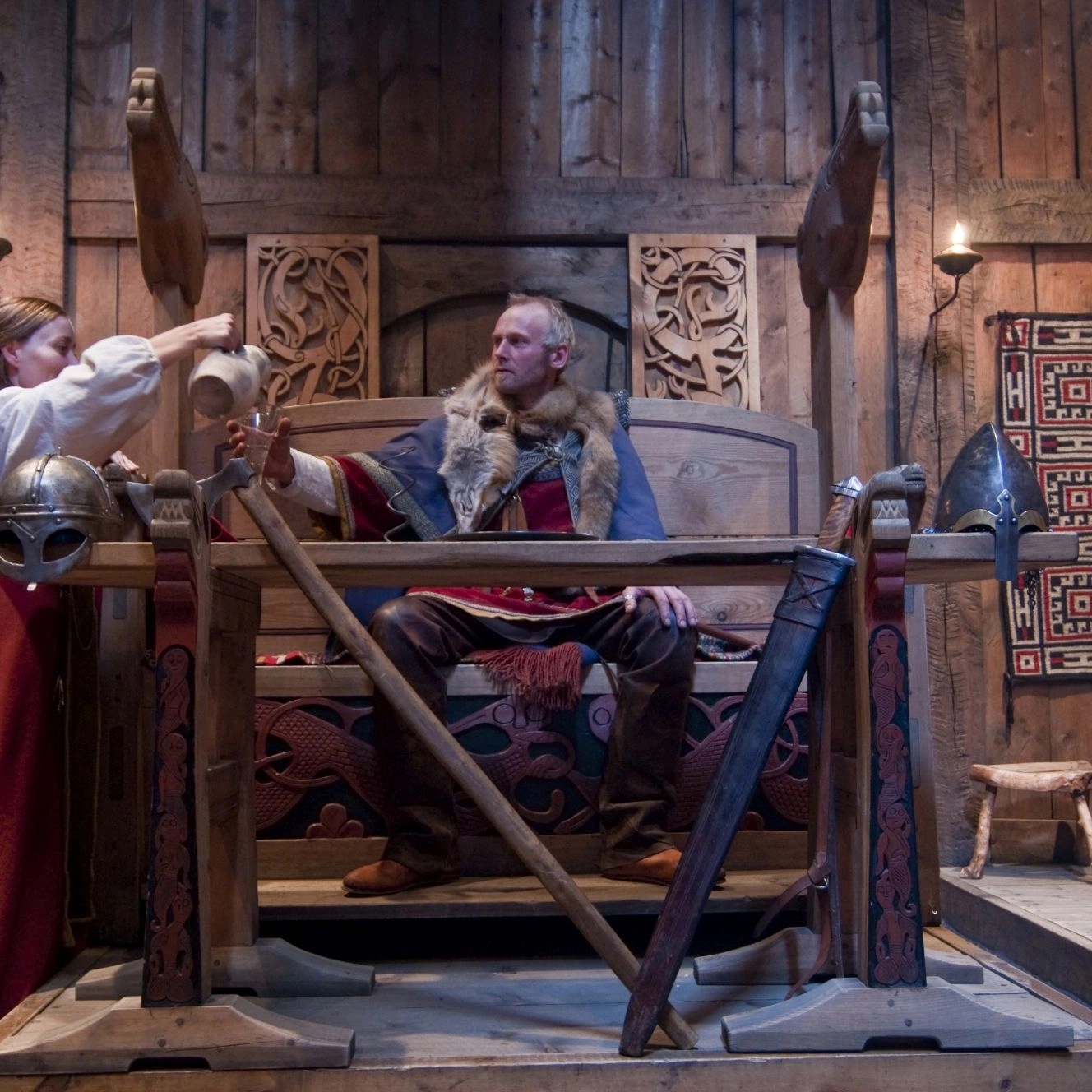
Medieval Viking feasts
A feast is a huge celebratory dinner with everything served in abundance. The Vikings were famed for their glutinous indulgence of food and habit of eagerly drinking beer or mead wine with every meal.